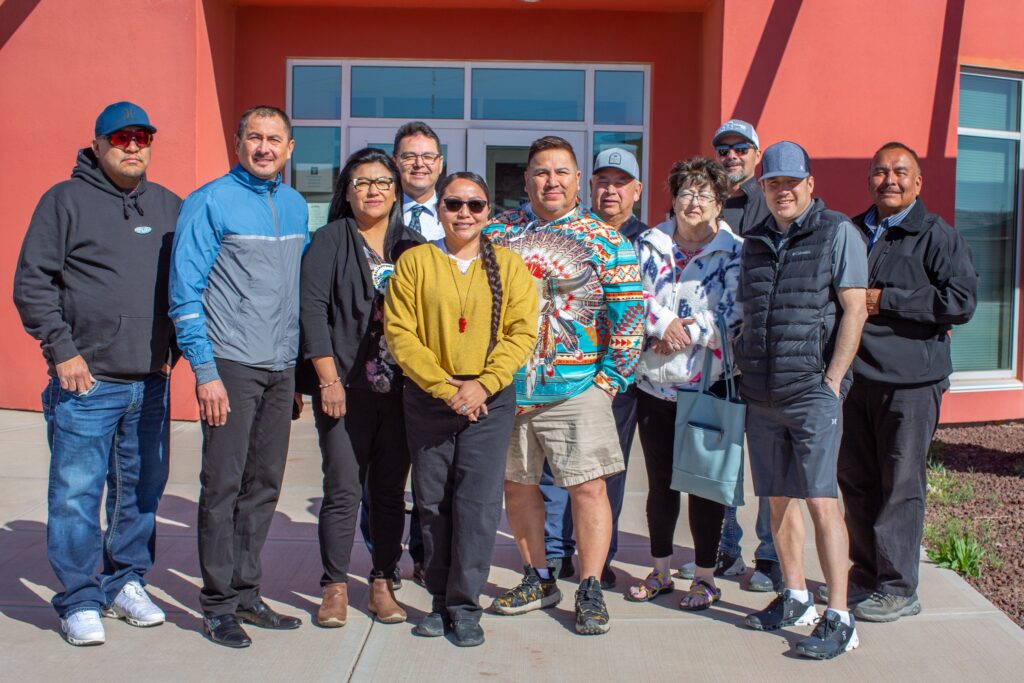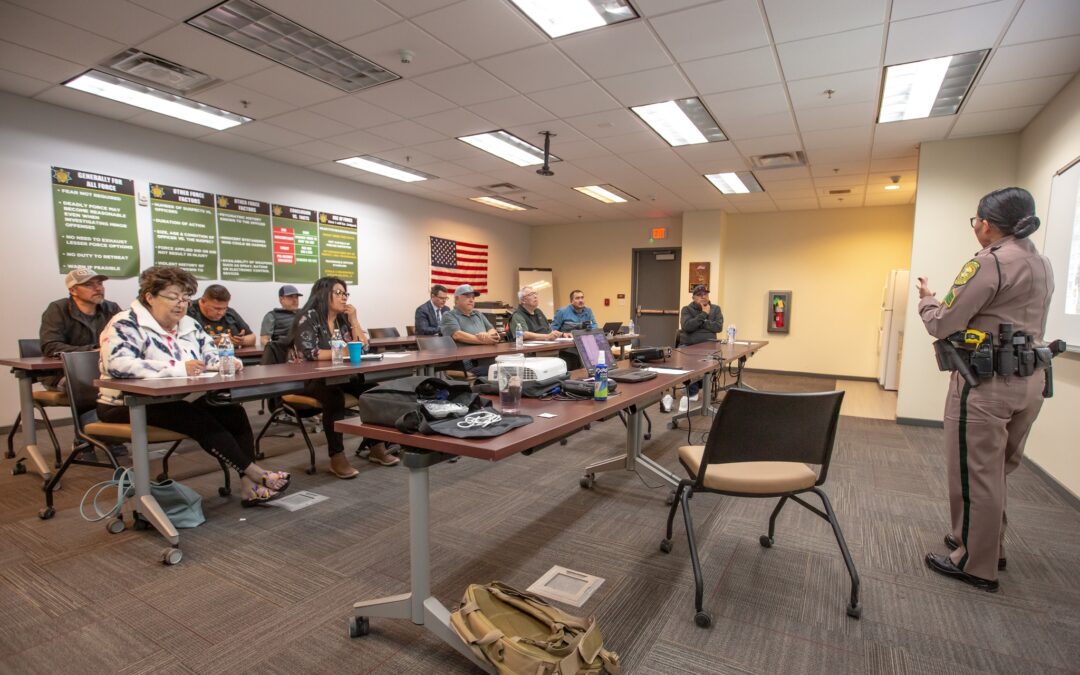The Prince Albert Grand Council (PAGC) is continuing with their work on self administered First Nations policing.
Recently representatives from the tribal council and people from member nations traveled to Arizona to visit the Navajo Nation, where the delegation got the chance to learn about that nation’s self administered police service. PAGC Vice Chief Joseph Tsannie was part of the delegation. He told MBC Radio News that the Navajo have a long history of policing their own communities.
“The Navajo Nation back when they signed Treaty, that was their starting point and they got their own police force rolled out back in the day, so they don’t know anything other then their own police,” he said.
As part of the visit Tsannie explained the delegation got to see how the Navajo police operated along with their holding facilities, where people can be held in custody for up to one year. Tsannie said the Navajo police are also unique in that they train their own officers, which is something the delegation found interesting. The delegation as well got to hear about some of the challenges of operating a police service, with one of the big ones being recruitment and retention.

(Photo courtesy of Tina Pelletier.)
Along with policing, Tsannie said the nation as well has its own independent court system, which the PAGC delegation also got the chance to learn about.
“They have the ability to make their own laws on their territories, they can enforce state law, they can enforce federal law and they enforce their own Navajo Nation public safety laws that they have,” he said.
Seeing how self administered First Nations policing and justice worked first hand was something which Tsannie said he personally found valuable. The PAGC Vice Chief explained being able to learn about First Nations administered policing up close will be valuable as the tribal council looks to start reaching out and doing engaging directly with communities in regards to self administered policing in the near future.
Tsannie stressed that improving community safety in First Nations is not just a question which involves policing. He explained overall community safety planning needs to be part of the discussion as well with a range of community members at the table offering possible solutions.
“If you break the law you’ll be dealing with the police, their not prevention workers and we always centralize policing as the core in terms of our community safety and its not,” he said.
On the federal front, Tsannie said work is also continuing through the Assembly of First Nations (AFN) to get legislation passed that would make First Nations policing an essential service. He added the government has committed to putting a bill forward.
“The Minister of Public Safety mentioned they wanted to present some sort of legislation by fall, I don’t know if that’ll happen, but certainly that work continues,” he said.
(Top Photo: The PAGC delegation listening to a presentation. Photo courtesy of Tina Pelletier.)
